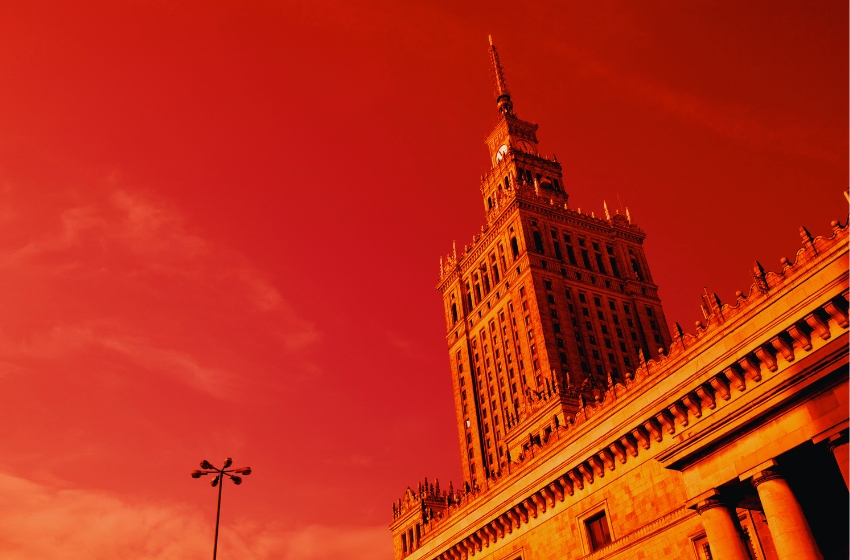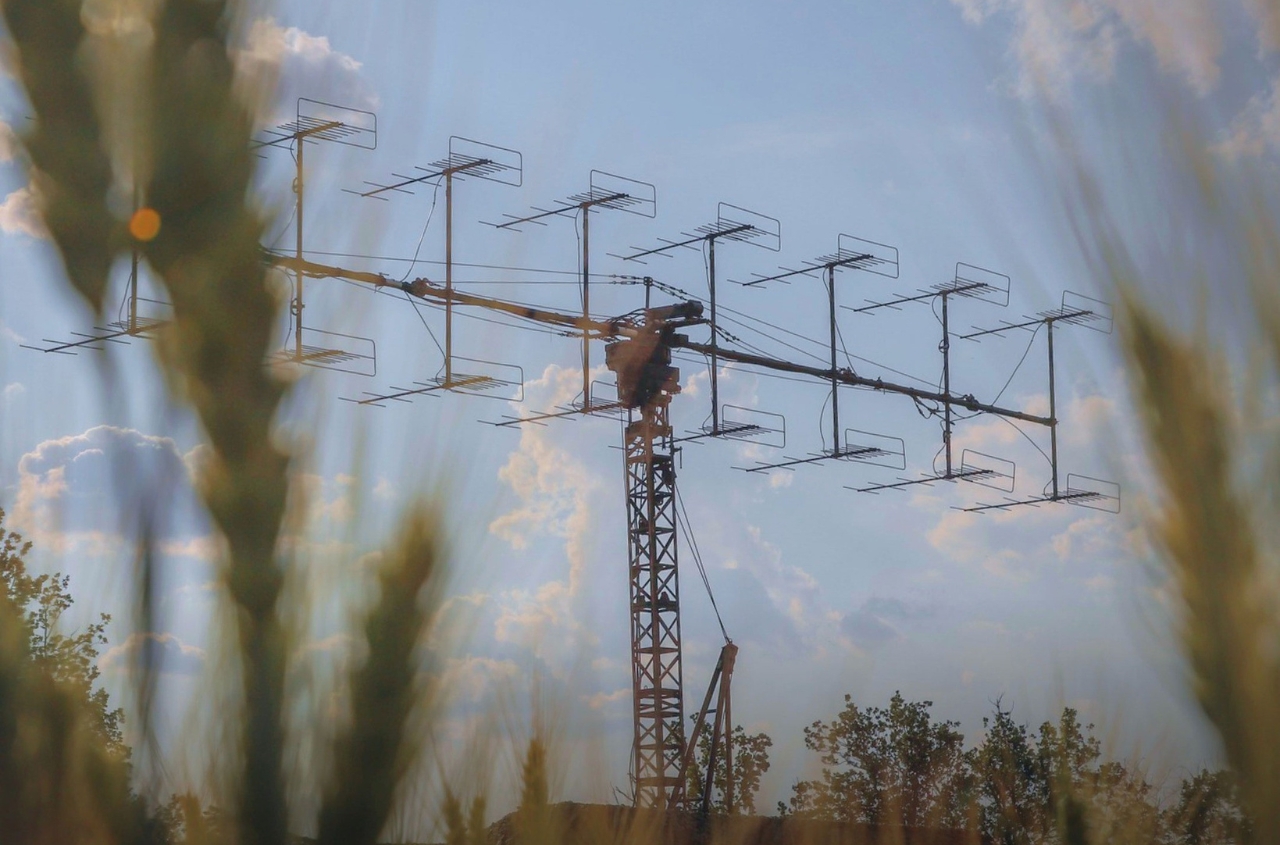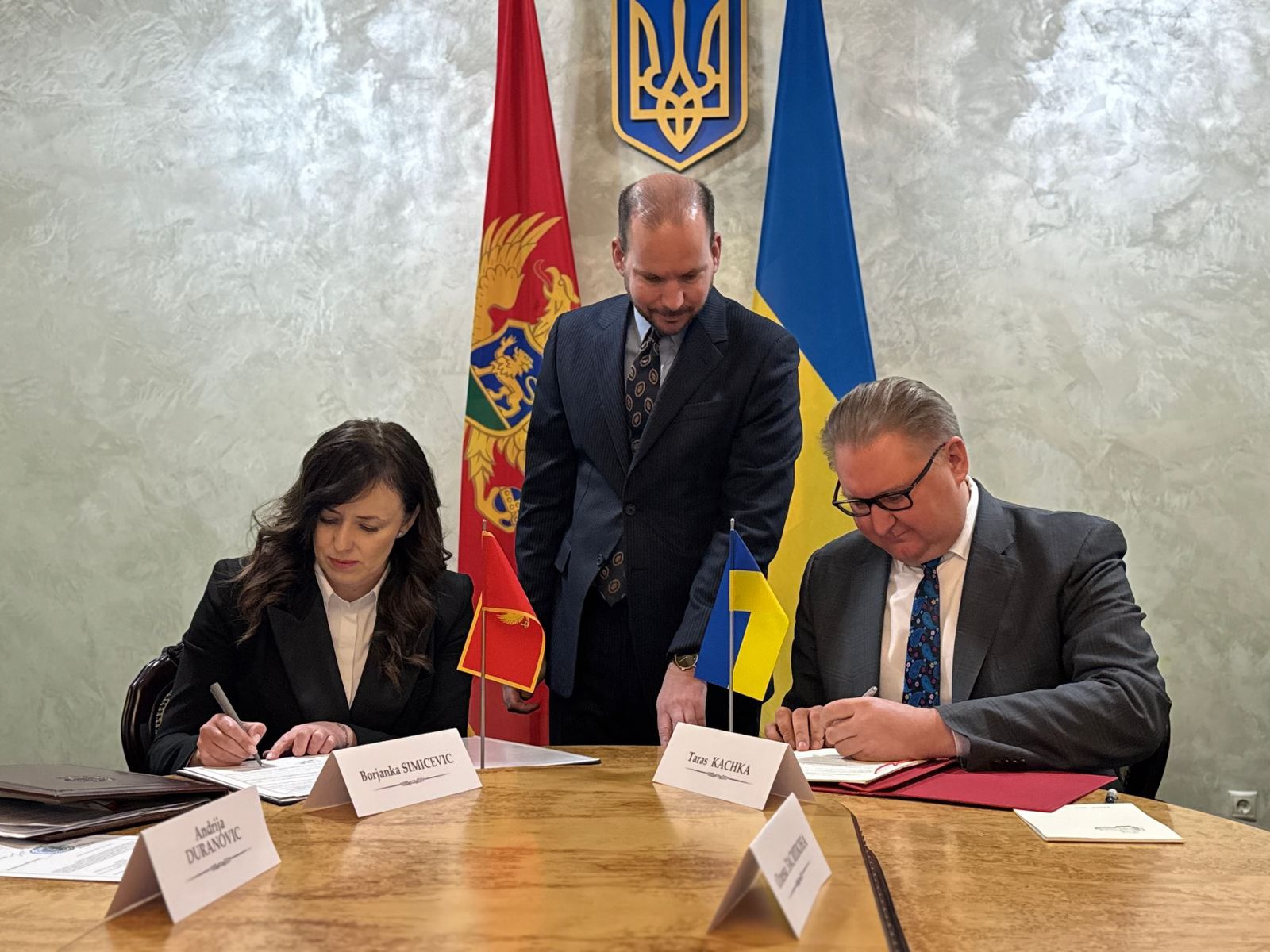Mali is facing a worsening fuel crisis that has paralyzed key sectors of daily life — from food supply to the functioning of schools. Deliveries of petroleum products have been blocked by armed groups in response to the junta’s policy of selectively allocating resources to loyal regions.
Aliou Tounkara, a member of parliament known for his pro-Russian rhetoric, blamed France, the United States, and “possibly even Ukraine” for the crisis in a recent speech.
The military seized power after the 2021 coup. In 2022, at the junta’s request, French troops — who had been fighting jihadist groups in the region — withdrew from the country. The following year, the United Nations also ended its mission.
The regime has since transferred its security functions to Russian mercenaries — initially the Wagner Group, now replaced by the “African Corps,” operating under Russia’s Ministry of Defense. However, their presence has failed to bring stability: their interests appear focused more on the semi-legal extraction of gold than on combating terrorist organizations.
Russian advisors are actively promoting in the region a model of governance that mirrors Moscow’s authoritarian practices. In May this year, Mali’s authorities dissolved all political parties, effectively eliminating prospects for democratic elections. A similar trend can be seen in neighboring Sahel states — Burkina Faso and Niger — also ruled by military juntas following coups.
According to international organizations, around six million Malians are now in need of humanitarian aid. Observers warn that the regime is losing control, and Russian support has proven incapable of reversing the crisis.




















